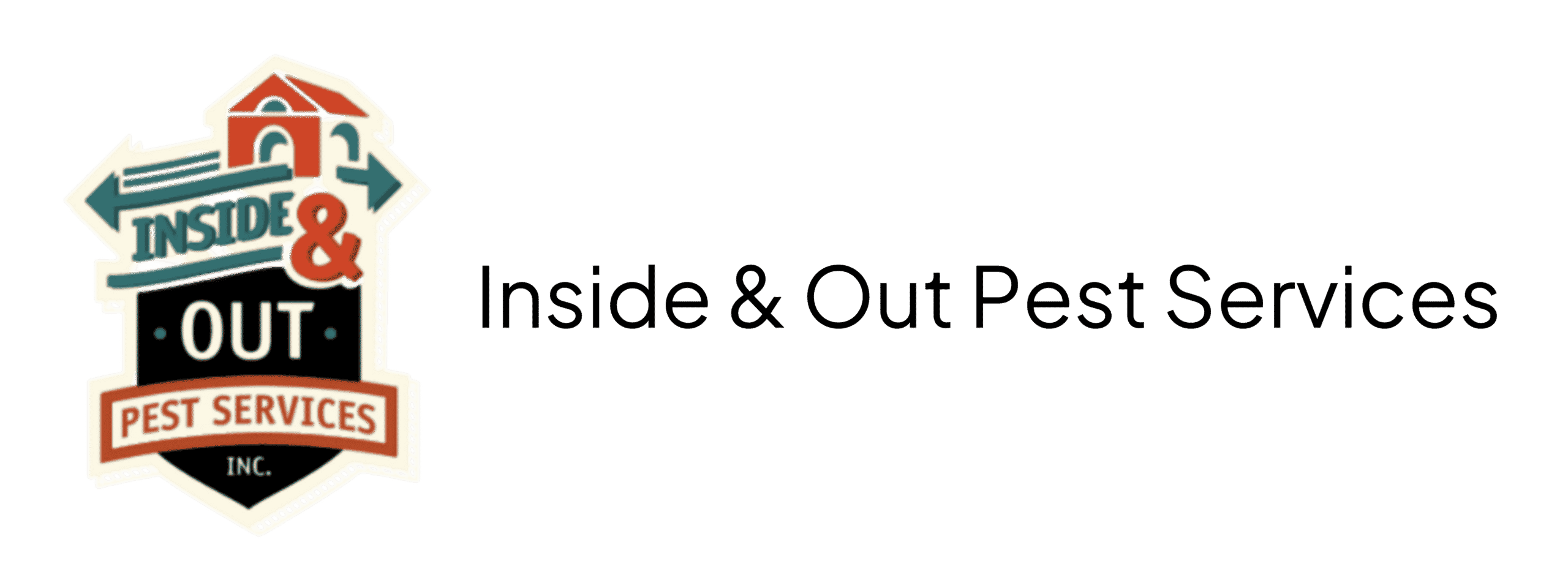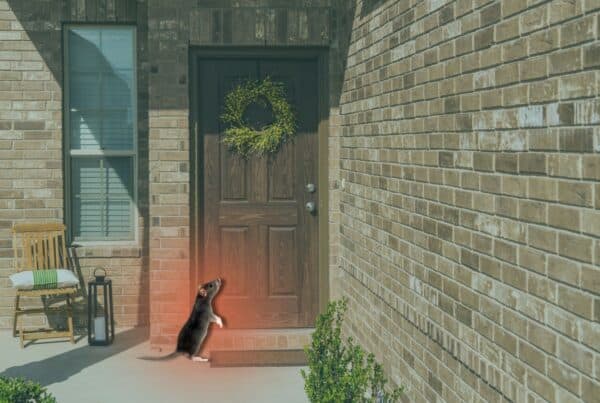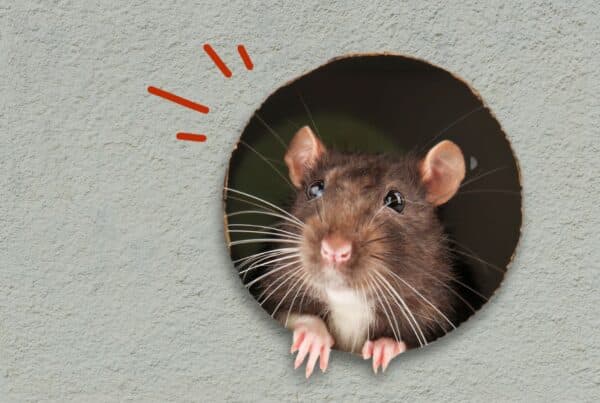Possums are curious little creatures, often seen waddling around yards or hanging out by the trash can at night. While they’re generally not aggressive, their eating habits can bring them a little too close to home (literally). So, what do possums eat, and what makes them decide to stay away?
Let’s take a look at what’s on their dinner plate, what they avoid, and how to keep your home from becoming their favorite buffet.
A Bit of Everything
Possums are opportunistic omnivores, which means they eat both plants and animals…and pretty much whatever else they can find. They don’t hunt for food the way predators do, but they’re expert scavengers.
Here’s what’s commonly on their menu:
- Fruits and vegetables (especially fallen ones in your yard)
- Insects, slugs, and snails
- Mice, small rats, or bird eggs
- Pet food left outdoors
- Garbage and compost scraps
- Dead animals (yes, really)
They tend to forage at night and use their strong sense of smell to locate easy meals. Because of this, possums are often found raiding trash cans, compost bins, or unattended pet dishes. If you have fruit trees or a vegetable garden, they’ll see it as an open invitation.
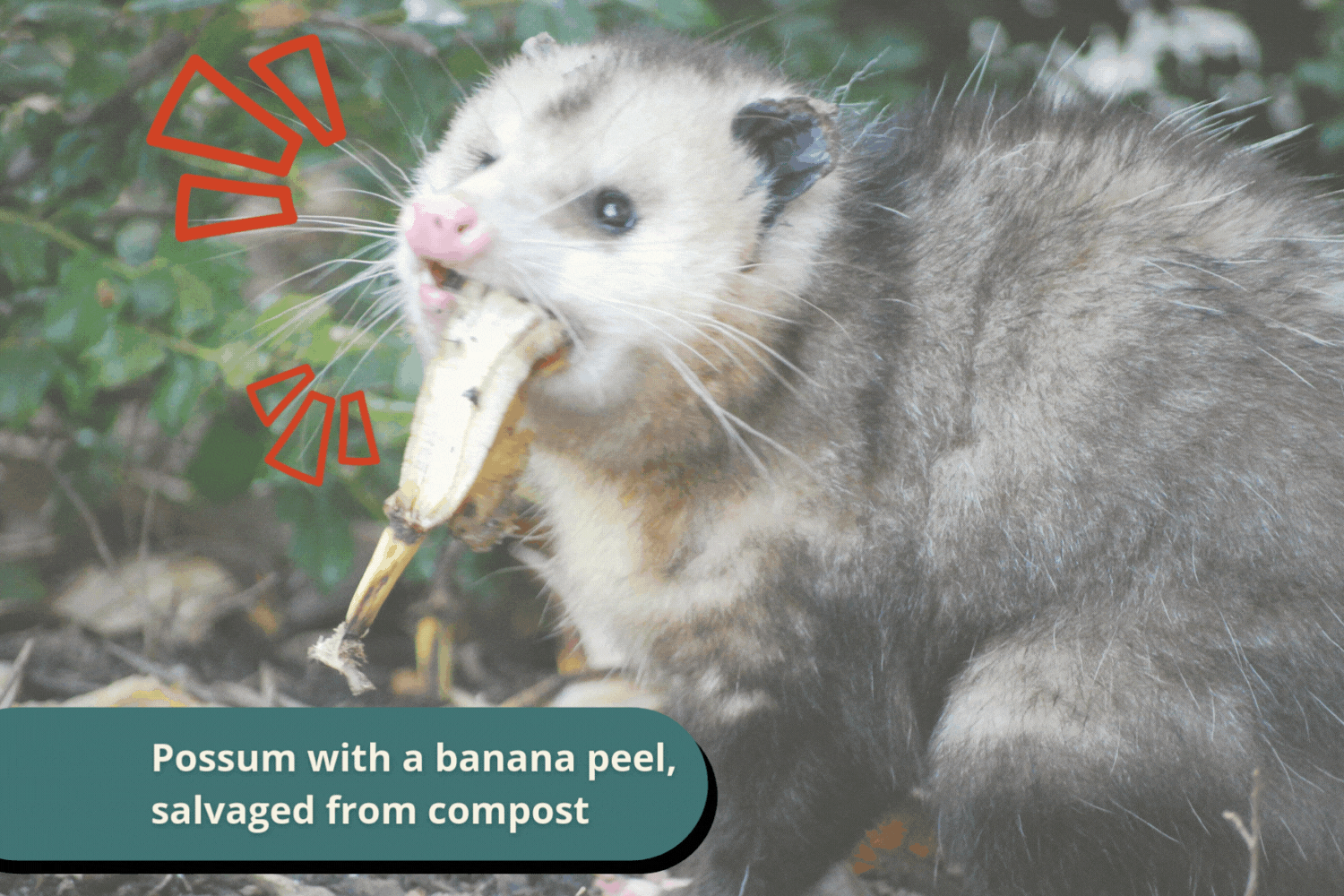
Fun fact: A single possum can eat hundreds of ticks in a season, which is one of the few benefits they bring to the ecosystem. But unfortunately, that doesn’t outweigh the property damage they can cause.
4 Surprising Things Possums Avoid
While possums aren’t picky eaters, there are a few things that make them turn up their nose. These can be helpful if you’re trying to deter them from your property.
1. Spicy or Hot Foods
Possums steer clear of foods with capsaicin. The compound that makes peppers hot. Many natural repellents include hot pepper sprays for this reason. You can spray these around garden beds or trash lids, but be careful if you have pets.
2. Strong Scents Like Ammonia or Garlic
Overwhelming smells like ammonia, garlic, or vinegar often deter possums. While these won’t work long-term on their own, they can help when used alongside other prevention methods. Just avoid mothballs since they’re toxic to pets and wildlife and aren’t recommended for outdoor use.
3. Pet Odors and Predator Scents
Possums are shy by nature. If they smell a dog or cat nearby, they’re less likely to stick around. Some homeowners use fox or coyote urine products (sold at garden stores), but results vary.
4. Bright Lights and Noise
Possums prefer dark, quiet spaces. Motion-activated lights or sprinklers can discourage nighttime visits. Radios or ultrasonic noise devices may also help, but only temporarily. These animals are quick to adapt if they realize there’s no real danger.
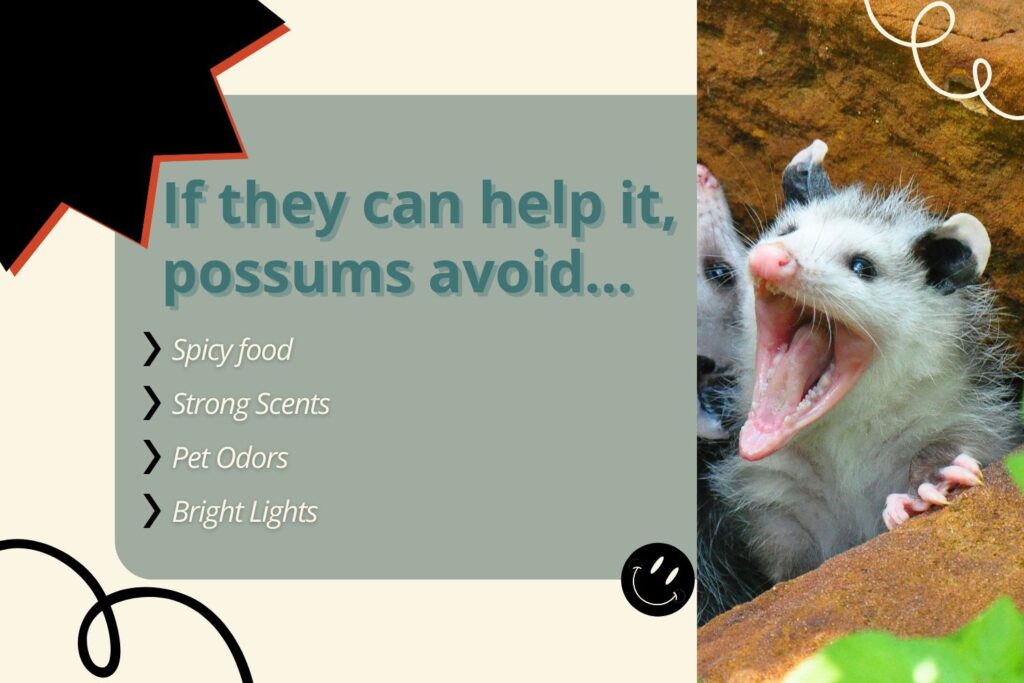
How Their Diet Affects Your Property
Because possums eat almost anything, they can cause a lot of trouble around your home without even trying.
- Trash cans knocked over and bags torn open
- Gardens raided for vegetables, fruits, or flowers
- Pet food stolen or contaminated
- Nesting in attics, under decks, or in crawlspaces if they find shelter nearby
Possums don’t usually damage homes on purpose, but if they settle in, they can leave behind droppings, urine, and odor, and even attract other pests like fleas or mites.
Easy Ways to Keep Possums Away
You don’t have to make your property a fortress, but a few simple steps go a long way:
- Secure your trash with tight-fitting lids
- Don’t leave pet food out overnight
- Clean up fallen fruit or birdseed
- Cover compost piles or keep them in bins
- Trim tree branches that hang near the roof
- Seal off crawlspaces, decks, or sheds where possums might hide
If you’ve already seen a possum hanging around, act quickly! Once they’ve found a reliable food source, they’re likely to return.
Other Recommended Maintenance
Possum issues often overlap with other pest concerns. Consider these routine checks:
- Inspect the roofline, vents, and crawlspace for gaps or loose screening
- Repair damaged soffits or foundation vents
- Clear out overgrown shrubs or debris piles
- Schedule regular pest inspections to catch signs of wildlife early
These steps don’t just keep possums out, they also help with raccoons, rodents, and snakes that may use the same access points.
When to Call a Professional
If a possum has taken up residence in your attic or under your home, it’s time to call in the pros.
DIY traps and repellents rarely solve the full problem, and in many states, possums are protected wildlife, meaning it’s illegal to kill or relocate them without the right permits. Plus, possums can carry parasites or diseases, including leptospirosis and fleas.
At Inside & Out Pest Services, we handle possum problems humanely, legally, and thoroughly. From inspecting entry points to sealing up access and removing the animal safely, we’ve got you covered.
The price of possum removal typically ranges from $150 to $500, depending on how many animals are present and how difficult the area is to access. Exclusion repairs may cost more but prevent future problems.
Conclusion
Possums eat almost anything, but they’re not fearless. By understanding what attracts them, and what sends them running, you can take simple steps to protect your home, your garden, and your peace of mind.
If you think possums are visiting your property a little too often, don’t wait for them to move in. Contact Inside & Out Pest Services today for service.
